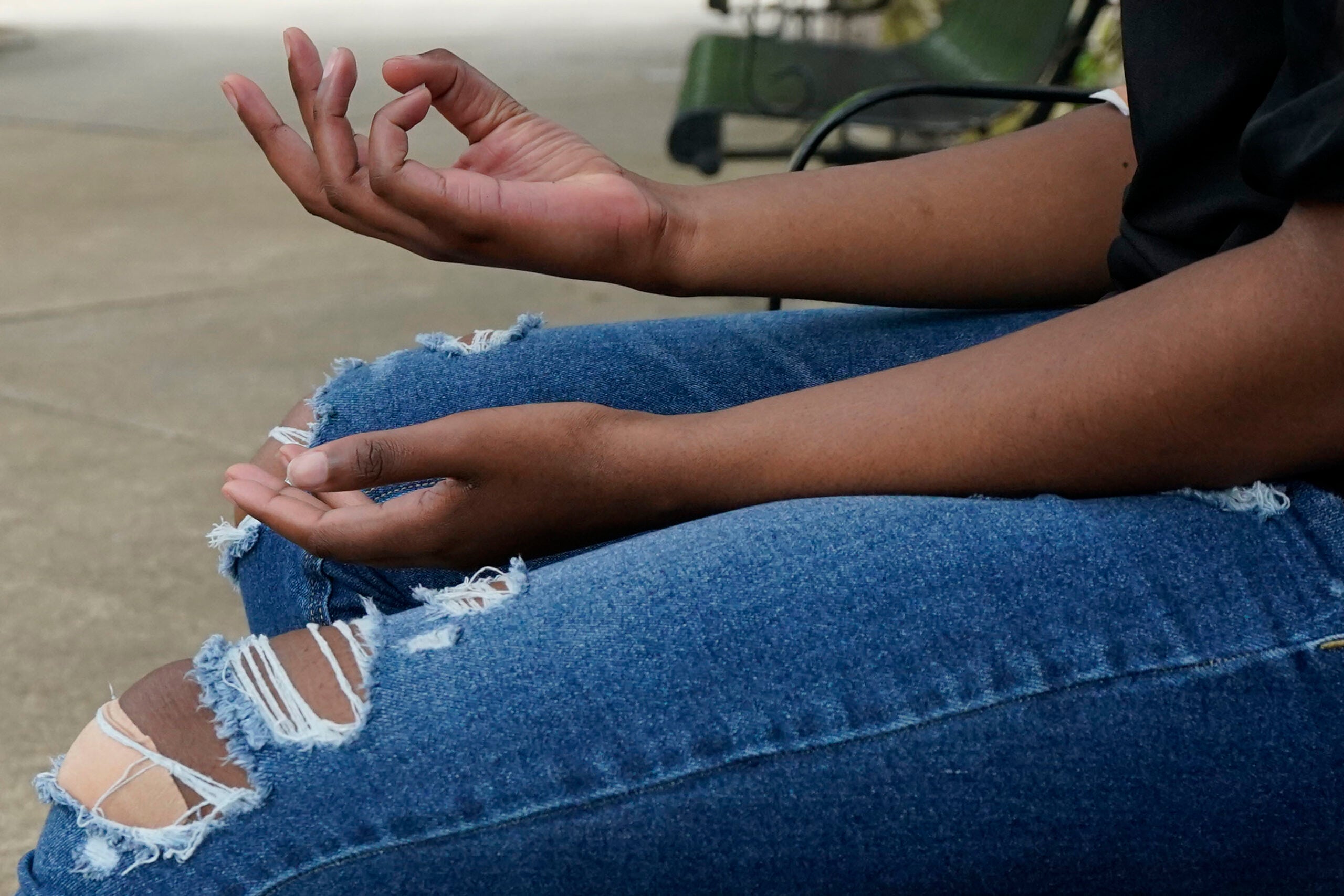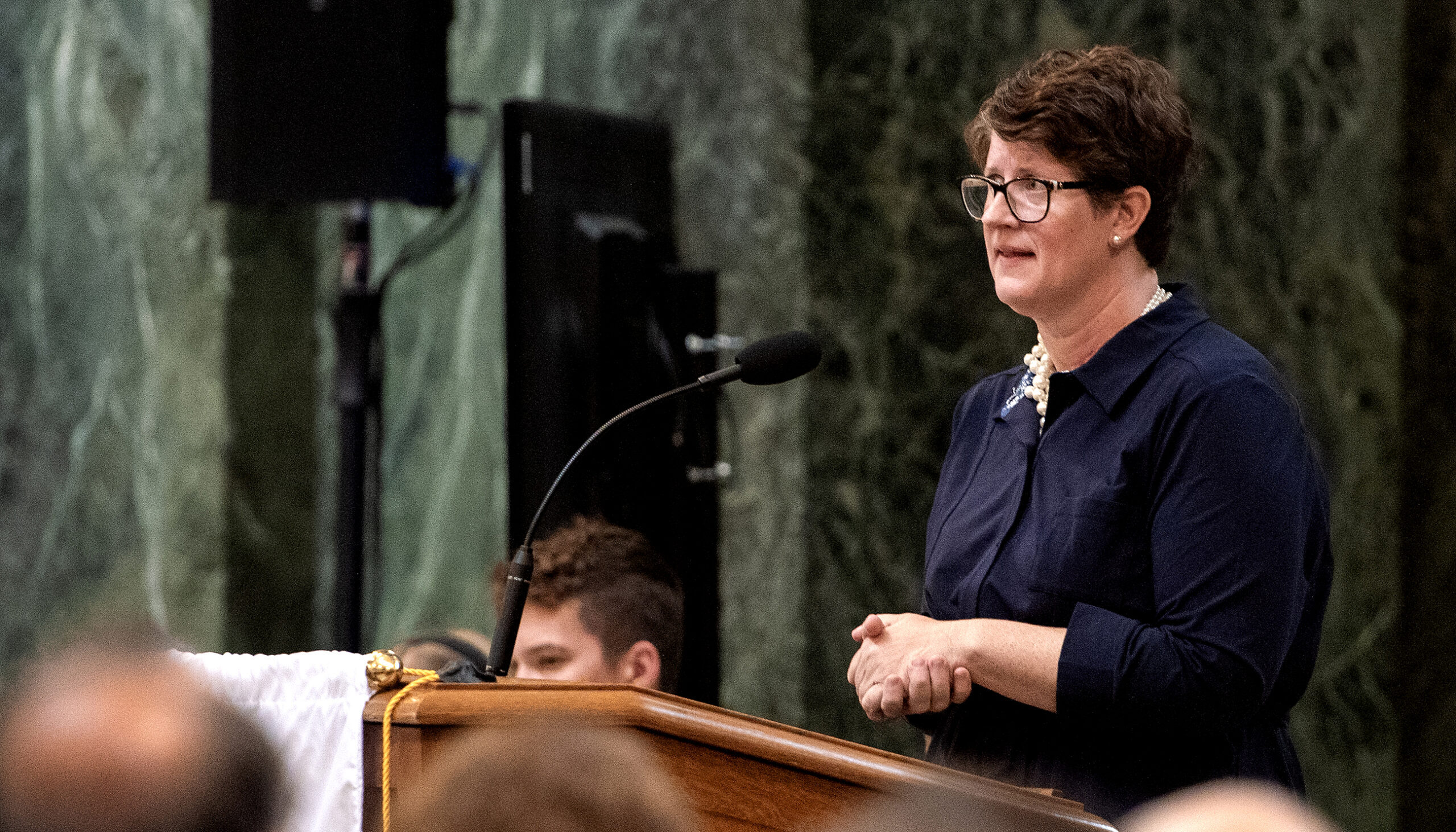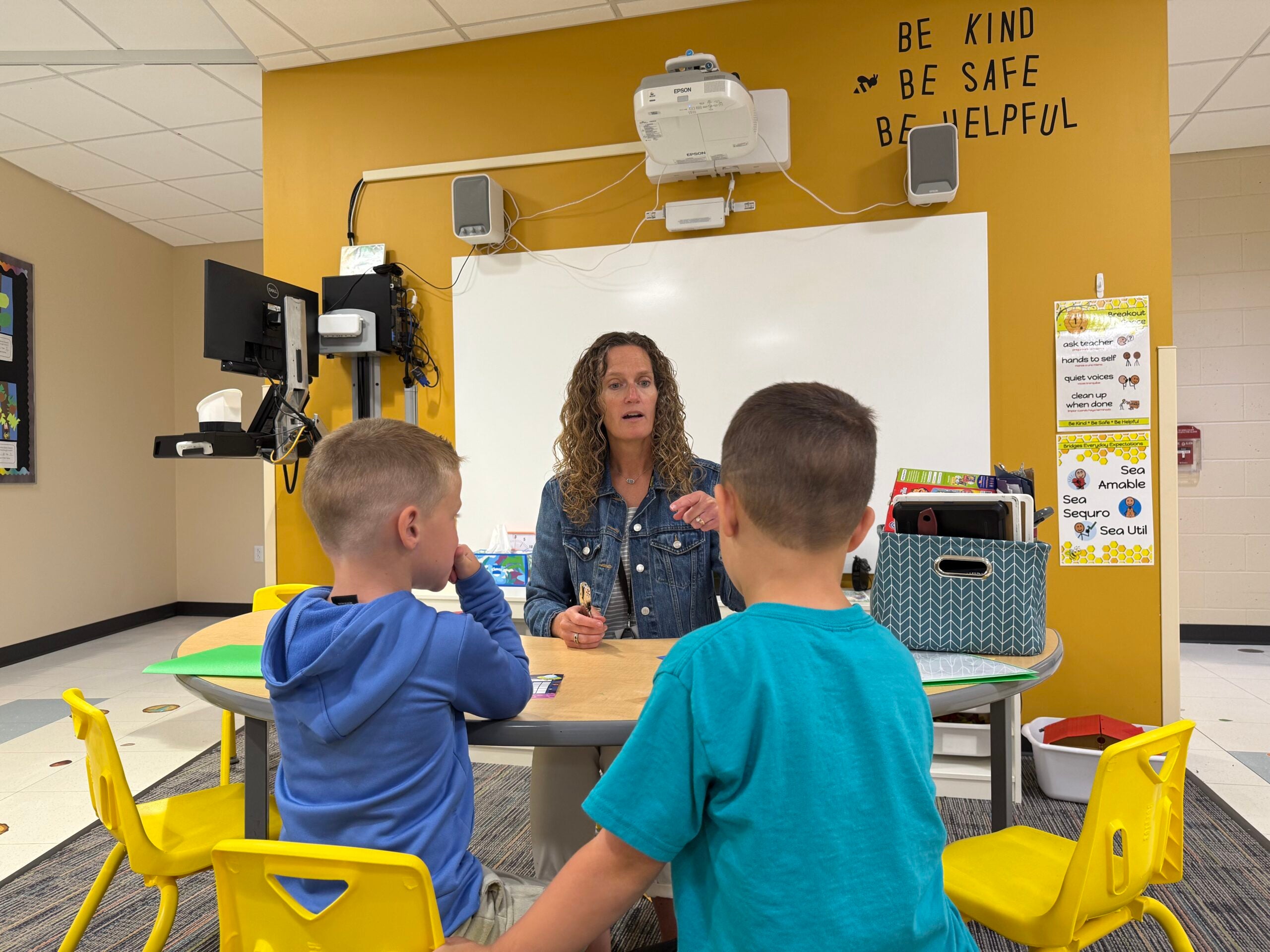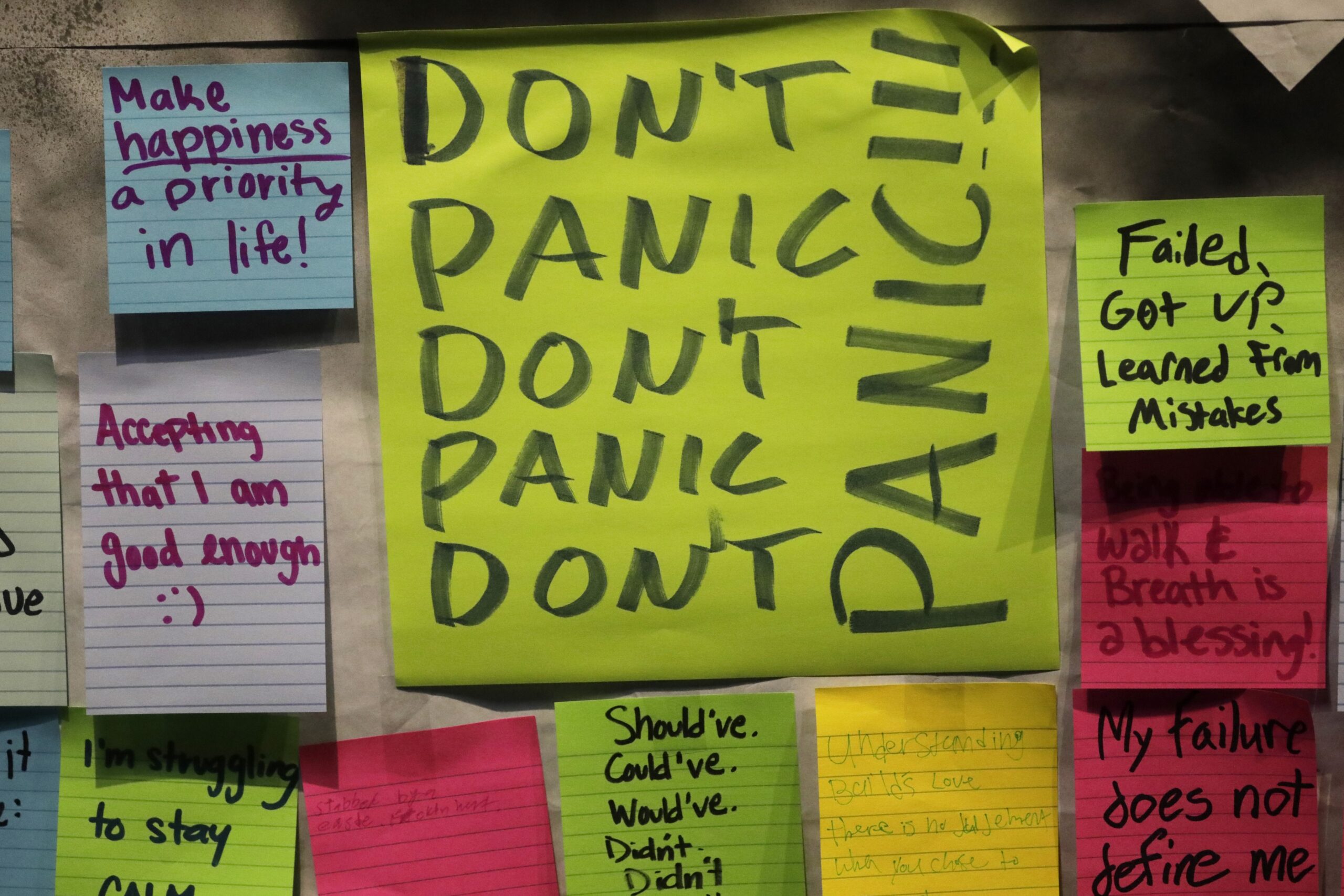Wisconsin schools are experiencing significant needs to address issues surrounding mental health and school safety. Yet, some school districts say they’re having a difficult time hiring social workers to assist students due to state school licensing requirements.
Schools in rural and northern areas of the state say they’re most affected by the Wisconsin Department of Public Instruction’s administrative rules guiding licensure, which require certification through one of three school social work programs at Wisconsin universities. The programs are offered by the University of Wisconsin-Madison, UW-Milwaukee and UW-Green Bay.
Superior School District Administrator Amy Starzecki said she can’t hire a social worker because most candidates in northwestern Wisconsin have degrees from nearby Minnesota schools. Under the DPI’s requirements, even people who have already obtained a master’s degree in social work would need to complete coursework at one of those three programs — the closest of which is around 300 miles away — to work in Wisconsin schools.
News with a little more humanity
WPR’s “Wisconsin Today” newsletter keeps you connected to the state you love without feeling overwhelmed. No paywall. No agenda. No corporate filter.
“Our greatest issue we’re facing in our schools is being able to address the mental health needs of our kids, and we don’t have access to services in our community. So, we need to provide them ourselves,” said Starzecki. “Now, I’m not even able to hire people because of the licensure requirement.”
Officials at the district helped craft a resolution to support removing barriers to licensing that will be taken up by delegates with the Wisconsin Association of School Boards at the state education convention next week.
DPI does provide a temporary form of certification to social workers with degrees from other states if they’re enrolled in a program to obtain a school social work license. Officials are aware of the challenges facing those individuals in more remote areas of the state, said David DeGuire, DPI’s director of teacher education, professional development and licensing.
“UW-Madison in particular has tried to be very flexible with candidates in northern Wisconsin because there is no close program to them,” he said. “They’ve been trying to offer things online or on weekends.”
States like Minnesota allow social workers who have gone through a regular clinical training program to work in a clinic or school, said DeGuire. However, the DPI requires individuals to have specific training with regard to education.
Kids are coming with some pretty serious, emotional, mental health issues,” he said. “We want the people who provide them services to be ready to give the students what they need.”
He recommends schools work with the Cooperative Educational Service Agency, or CESA, in their region to possibly share social work services. That agency serves 17 districts in northern Wisconsin.
However, Starzecki and others, like Ken Kasinski, administrator of CESA 12 in Ashland, feel there should be more flexibility from the department with licensing.
“There’s a shortage of mental health workers,” said Kasinski. “Because of this licensing issue, it exacerbates that situation (and) makes it far more difficult for a school district to attract someone.”
There are roughly 619 full-time licensed school social workers in the state while there are more than 2,200 public schools, according to DPI data. Around half of them are providing services to schools in urban areas like Dane and Milwaukee counties. Meanwhile, many schools are struggling to find resources to pay for social work services.
Starzecki said she could use a social worker in every school, but the district can’t afford funding more than one position.
In its last budget request, DPI requested an increase of $22 million for school mental health aid that would reimburse districts for expenses related to counseling and other services, as well as a $7 million increase for school mental health grants. The Joint Finance Committee approved increases of roughly $3 million each to provide $6 million annually for mental health aid and $6.5 million for grants.
DPI’s DeGuire said the department is currently reviewing its administrative rules with regard to licensure and will likely recommend changes.
“We have definitely heard from more districts than just Superior,” he said.
Wisconsin Public Radio, © Copyright 2025, Board of Regents of the University of Wisconsin System and Wisconsin Educational Communications Board.







